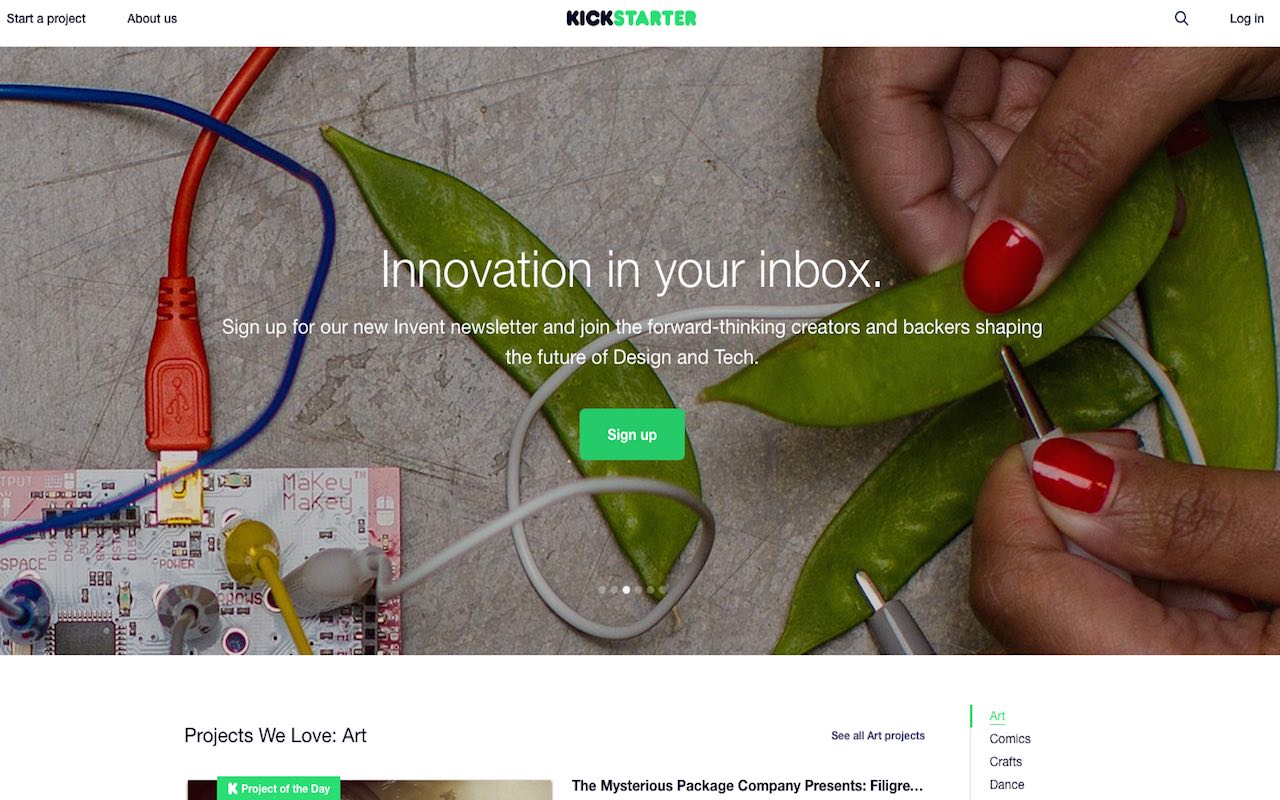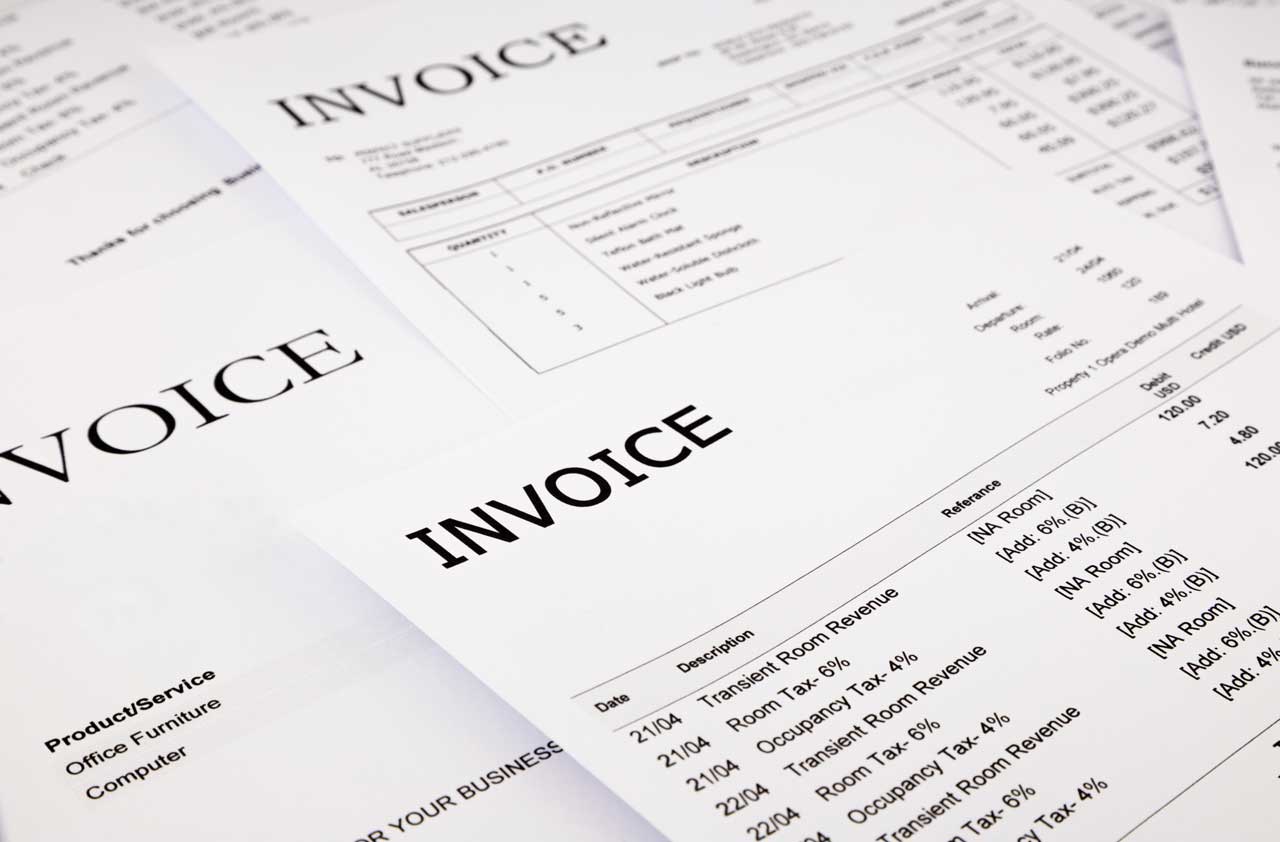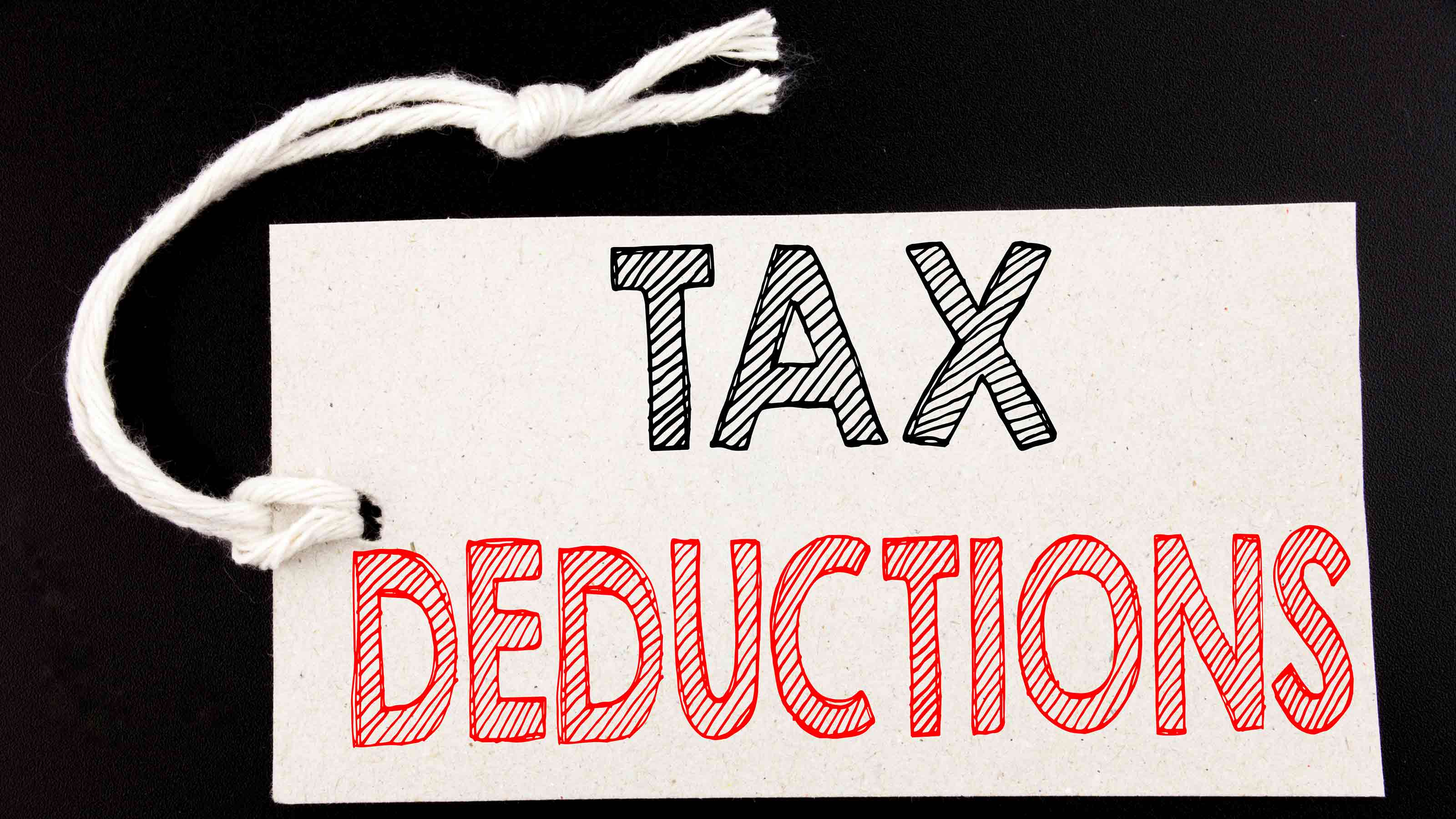11 Places to Find Funding for Your Small Business
When you’ve got a big new idea that you want to get off the ground or an existing operation that requires an influx of capital to keep charging ahead, you want money fast. And that puts you at risk of paying unnecessarily high interest rates for the first lending option you encounter or wasting time with unnecessarily slow approval processes that may even end in rejection.


Profit and prosper with the best of Kiplinger's advice on investing, taxes, retirement, personal finance and much more. Delivered daily. Enter your email in the box and click Sign Me Up.
You are now subscribed
Your newsletter sign-up was successful
Want to add more newsletters?

Delivered daily
Kiplinger Today
Profit and prosper with the best of Kiplinger's advice on investing, taxes, retirement, personal finance and much more delivered daily. Smart money moves start here.

Sent five days a week
Kiplinger A Step Ahead
Get practical help to make better financial decisions in your everyday life, from spending to savings on top deals.

Delivered daily
Kiplinger Closing Bell
Get today's biggest financial and investing headlines delivered to your inbox every day the U.S. stock market is open.

Sent twice a week
Kiplinger Adviser Intel
Financial pros across the country share best practices and fresh tactics to preserve and grow your wealth.

Delivered weekly
Kiplinger Tax Tips
Trim your federal and state tax bills with practical tax-planning and tax-cutting strategies.

Sent twice a week
Kiplinger Retirement Tips
Your twice-a-week guide to planning and enjoying a financially secure and richly rewarding retirement

Sent bimonthly.
Kiplinger Adviser Angle
Insights for advisers, wealth managers and other financial professionals.

Sent twice a week
Kiplinger Investing Weekly
Your twice-a-week roundup of promising stocks, funds, companies and industries you should consider, ones you should avoid, and why.

Sent weekly for six weeks
Kiplinger Invest for Retirement
Your step-by-step six-part series on how to invest for retirement, from devising a successful strategy to exactly which investments to choose.
When you’ve got a big new idea that you want to get off the ground or an existing operation that requires an influx of capital to keep charging ahead, you want money fast. And that puts you at risk of paying unnecessarily high interest rates for the first lending option you encounter or wasting time with unnecessarily slow approval processes that may even end in rejection. Thankfully, there are myriad financing options for small businesses if you know where to look.
We’ve put together a list of sources of capital for small businesses, ranging from conventional bank loans to newer options such as online lenders and crowdfunding portals. Your funding needs will depend on whether you’re launching a new venture or expanding an existing one. Each funding option has its particular pros and cons, which you should weigh carefully to get the best choice for your needs.
Here are 11 sources of funding available to small businesses at different stages of growth. We’ve arranged them in order of ease of qualifying.

Friends and Family
- Interest rate: Set by lender and borrowerRepayment schedule: Set by lender and borrowerPros: Easy access to money at potentially lenient termsCons: Requires friends and/or family as funding source
It isn’t easy getting a bank loan when you are just starting out. For example, many banks require strong credit scores and a personal guarantee.
Many early-stage businesses tap friends and family for easy funding. Companies such as LendingKarma and LoanBack help entrepreneurs to formalize and manage the process of soliciting loans from your social network. For a small fee, starting around $30, your business and your sources of seed money can securely exchange money through an online platform, utilizing features like payment tracking and e-mail reminders to ensure that lenders get paid back on time.
INTERVIEW: Smart Ways to Loan Money to Family Members

Credit Cards
- Interest rate: 0%-30%Repayment schedule: 30 daysPros: Readily availableCons: Expensive, relatively low borrowing limits
Using personal credit cards is another option for people starting businesses, particularly if they have good credit.
If you’re thinking of going this route, make the most of credit cards with different features for different expenses. For example, a credit card with a low interest rate, preferably a 0% introductory offer, could be used for business purchases. For large cash expenditures, use your card with no fees for cash advances, then transfer the balance to the card with the 0% interest rate.

Crowdfunding
- Interest rate: N/A (payback in form of equity or rewards)Repayment schedule: 5+ years for equity, 1+ years for rewardsPros: Access to diverse pool of backers, good way to establish engaged customer baseCons: Relatively slow process to accumulate funds
Popularized by platforms such as Indiegogo and Kickstarter, crowdfunding has evolved in the last couple of years into a viable funding alternative for those looking to start a business. Crowdfunding is a great option for entrepreneurs who may not have an established track record, but who can successfully demonstrate the viability of their venture or product to potential backers.
There are two main types of crowdfunding: reward- and equity-based. Reward crowdfunding allows entrepreneurs to receive financing by offering, say, a future product in return for capital. Equity crowdfunding allows entrepreneurs to reach investors interested in owning a piece of their start-ups.
Platforms such as SeedInvest and Crowdfunder allow you to offer equity to a pool of investors. Indiegogo and Kickstarter allow you to raise money from a pool of backers in exchange for a reward.
“Crowdfunding is an option that doesn’t look at your personal financial information at all and could provide cash for your business, particularly if it looks attractive but hasn’t hit the point where it is generating a lot of revenue,” says Gerri Detweiler, head of market education at Nav, a California-based company that helps entrepreneurs manage their business credit.
QUIZ: Test Your Small-Business Know-How

Term Loans
- Interest rate: 7%-30%Repayment schedule: 1-5 yearsPros: Short waiting time, no collateralCons: Higher interest rates
Online lenders, who offer loans without requiring you to make a trip to your local bank, have taken off in recent years. Online term loans beat traditional bank loans in efficiency and speed. You can typically fill out an online application within 15 minutes. Once all documentation is verified, you get the money deposited in your bank account in a day or two.
Companies such as Lending Club and Prosper rely on credit-scoring algorithms and third-party data to expedite the lending process and reduce the cost of originating loans for less-established firms.

Low-Interest Small Business Loans
- Interest rate: 8%-15%Repayment schedule: 1-5 yearsPros: More welcoming to less-established businesses; many include access to financial educationCons: Low borrowing limits, long application process
Small businesses that have difficulty obtaining a bank loan can generally get financing from a small-business development center (SBDC), which provides assistance to local small firms. (Look up SBDCs near your zip code.)
A number of community development financing institutions (CDFIs) — which are banks, credit unions and venture capital funds that receive funding from the Treasury Department — offer low-interest loans to small businesses. The mission of these companies is to provide capital and other resources to entrepreneurs who don’t meet the criteria banks typically require for credit score, revenue or operating history.

Microloans
- Interest rate: 8%-15%Repayment schedule: 6 months-5 yearsPros: Friendly terms, low ratesCons: Long review times
Microlenders are another source of loans for entrepreneurs. Typically offering small loans to businesses, they are a great option if you can afford to wait a while to receive funding. Generally, you’ll get solid loan terms from these lenders, such as long repayment schedules or no fees.
Microlenders such as Kiva and Accion offer small loans to businesses with relatively low interest rates (0% in the case of Kiva). These companies focus on working with small firms that are typically underserved by traditional banks.

Bank Loans
- Interest rate: 10%Repayment schedule: 5-10 yearsPros: Great terms and ratesCons: Long application process involving much documentation
- See Also: Retirees, Turn Your Passion Into a Business
Interest rates charged by banks are typically much lower than rates charged by other lenders. As profit margins tend to be slim on small-business loans, banks try to reduce their risk as much as possible. This means that you will need to present a complete loan package, including a personal financial statement, copies of personal tax returns and sometimes even a business plan.
Banks also tend to give loans only to small businesses with collateral and a personal guarantee from the owner. Local banks may be better options because they know the local credit conditions. They often provide more access to a loan officer and put more emphasis on a borrower’s character rather than just the credit score.

SBA Loans
- Interest rate: Prime + APR (typically 3%-5%)Repayment schedule: 10 yearsPros: Fantastic terms and ratesCons: Long application process and a lot of paperwork
One financial product that banks are a little more eager to provide are loans backed by the Small Business Administration (SBA). The SBA doesn’t issue these loans directly. Instead, an authorized lender makes the loan, with the SBA guaranteeing a portion of it, reducing much of the risk for the lender.
The SBA offers different types of loans, of which the 7(a) loan program is the most popular. These loans can be used for a variety of purposes — working capital, buying a franchise or refinancing debt. Different lenders may interpret the SBA guidelines differently, so if you have a solid application that gets turned down by one bank, you should try another bank.

Receivable Financing
- Interest rate: 10%-35%Repayment schedule: 1-3 monthsPros: Quick access to fundsCons: Collateral required
Don’t want to take out a loan? Receivable financing is a common source of cash for businesses that get paid long after they deliver their goods or services. There are three types: invoice factoring, invoice financing and receivable-based lines of credit.
The interest rate for receivable financing is high compared with traditional bank loans, but getting the funding is relatively quick. So if you need a quick influx of cash, invoice financing can be a good short-term solution when you want to avoid lengthier loan applications.
Online firms such as BlueVine, Fundbox and StreetShares offer financing backed by unpaid invoices, while firms such as Dealstruck and P2Binvestor give you a line of credit secured by your account receivables.

Cash-Flow Loans
- Interest rate: 25%-90%Repayment schedule: 6-12 monthsPros: Quick (if not instant)Cons: Personal guarantee required (in most cases)
Borrow from cash you expect to receive in the future by promising the lender a predetermined amount of these receivables. Lenders provide you with operating funds in the interim, using your future expected cash flow as collateral for the loan.
The application process is much shorter than for a traditional bank loan. The lender will review your business’s cash flow and make a quick decision on whether or not to offer you financing. Online commerce platforms such as Amazon and PayPal offer such loans on an invitation-only basis. Online firms Kabbage and OnDeck also offer cash flow loans and require minimal paperwork.
“You can get funding in as little as 24 hours once you’ve submitted all of your documents,” says Lydia Roth, content manager at Nav and co-author of 11 Ways to Finance Your Business in 2018.
A cash flow loan can be pretty expensive. Consider it only as necessary for unexpected expenses or a rare opportunity to purchase inventory at a steep discount that will allow you to earn a high return on your investment.

Revenue Loans
- Interest rate: 20%-40%Repayment schedule: 3-5 yearsPros: No collateral requiredCons: Not many providers of revenue loans
A relatively new source of financing, revenue loans are for small businesses that have a strong potential for future earnings but can’t quality for other loans because they lack collateral, or their sales are lumpy or seasonal. Borrowers don’t give up any ownership of their businesses. Instead, they agree to pay a percentage of future revenue to investors until reaching a predetermined total return on their investments.
Profit and prosper with the best of Kiplinger's advice on investing, taxes, retirement, personal finance and much more. Delivered daily. Enter your email in the box and click Sign Me Up.

Rodrigo Sermeño covers the financial services, housing, small business, and cryptocurrency industries for The Kiplinger Letter. Before joining Kiplinger in 2014, he worked for several think tanks and non-profit organizations in Washington, D.C., including the New America Foundation, the Streit Council, and the Arca Foundation. Rodrigo graduated from George Mason University with a bachelor's degree in international affairs. He also holds a master's in public policy from George Mason University's Schar School of Policy and Government.
-
 Stocks Sink With Alphabet, Bitcoin: Stock Market Today
Stocks Sink With Alphabet, Bitcoin: Stock Market TodayA dismal round of jobs data did little to lift sentiment on Thursday.
-
 Betting on Super Bowl 2026? New IRS Tax Changes Could Cost You
Betting on Super Bowl 2026? New IRS Tax Changes Could Cost YouTaxable Income When Super Bowl LX hype fades, some fans may be surprised to learn that sports betting tax rules have shifted.
-
 How Much It Costs to Host a Super Bowl Party in 2026
How Much It Costs to Host a Super Bowl Party in 2026Hosting a Super Bowl party in 2026 could cost you. Here's a breakdown of food, drink and entertainment costs — plus ways to save.
-
 32 Ways to Make Money in 2025
32 Ways to Make Money in 2025business Check out these cool side hustles to earn bonus bucks this year.
-
 12 IRS Audit Red Flags for the Self-Employed
12 IRS Audit Red Flags for the Self-Employedtaxes If you are self-employed, minimize the odds of an IRS audit by avoiding these audit triggers.
-
 Business Cost Outlooks for 2022: Eight Key Sectors
Business Cost Outlooks for 2022: Eight Key SectorsEconomic Forecasts What’s in store for all sorts of business costs in 2022?
-
 PPP Loan Basics for Small Business Owners
PPP Loan Basics for Small Business OwnersCoronavirus and Your Money Although uncertainty and confusion have surrounded the Paycheck Protection Program since its launch, that shouldn't stop small business owners from participating in the loan program, which was just extended to May 31.
-
 "Above-the-Line" Deductions for Your 2021 Tax Return
"Above-the-Line" Deductions for Your 2021 Tax ReturnTax Breaks If, like most people, you claim the standard deduction instead of itemized deductions on your return, there are still many other tax deductions available that could save you a lot of money.
-
 The Biden Tax Plan: How the Build Back Better Act Could Affect Your Tax Bill
The Biden Tax Plan: How the Build Back Better Act Could Affect Your Tax BillPolitics Depending on your income, the Build Back Better Act recently passed by the House could boost or cut your future tax bills.
-
 9 Tips for Better Time Management in Retirement
9 Tips for Better Time Management in Retirementretirement These important time management techniques will help destress your life as you get busier -- yes, busier -- in your golden years.
-
 7 Ways PPP Loans Just Got Better
7 Ways PPP Loans Just Got Bettersmall business loans The Paycheck Protection Program Flexibility Act makes a number of changes to the popular small-business loan program. See how your business might benefit from the improvements.
